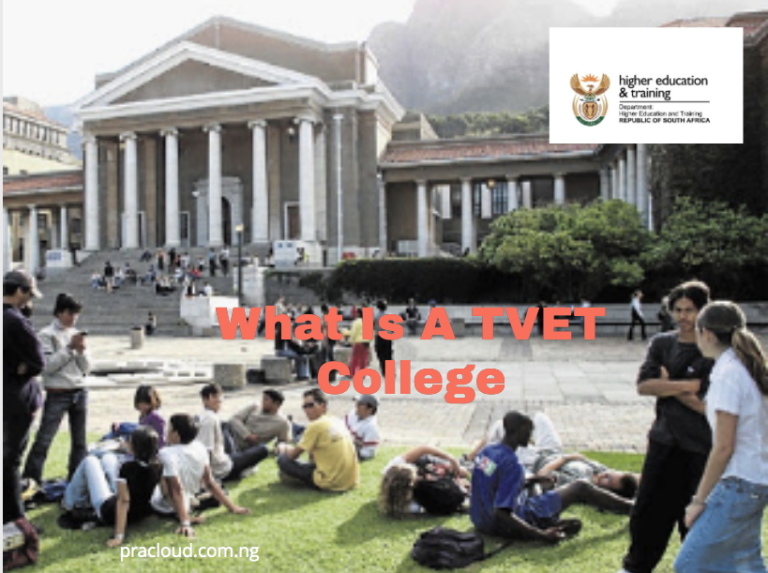Is It Bad If a School Is Not Accredited?
Is It Bad If a School Is Not Accredited?
Is It Bad If a School Is Not Accredited?
When choosing a school, whether it is a college, university, or even a specialized training program, accreditation is a term that often comes up. But what does it really mean, and how important is it? At first glance, accreditation might sound like just another layer of red tape, but in reality, it can have a big impact on the value of your education. So, is it bad if a school is not accredited? The short answer is, it can be, depending on your goals.
Accreditation is essentially a stamp of approval from an official body that evaluates whether a school meets certain academic and operational standards. It gives students, parents, and employers confidence that the education provided is legitimate and of good quality. Schools that are accredited have been reviewed for things like curriculum, faculty qualifications, facilities, and student support services. Without this recognition, a school may not meet those basic expectations.
However, not all unaccredited schools are scams or low-quality institutions. Some may be newly established and still going through the accreditation process. Others may provide alternative types of education that do not fit into traditional accreditation models. That said, attending an unaccredited school can come with significant risks. Your credits may not transfer to other institutions, you may not qualify for federal financial aid, and employers might question the credibility of your degree.
In the end, whether or not accreditation matters depends on what you are hoping to get out of your education. But generally speaking, choosing an accredited school gives you more security, more opportunities, and greater recognition.
When a College Loses Its Accreditation
Numerous additional consequences could arise for students when a college, university, or vocational school loses its accrediting status. Students enrolled in the school at the time of the accreditation loss must deal with an abrupt closure of the institution.
This is because unaccredited postsecondary institutions usually do not get financial aid from the federal government. /What happens if you graduate from a non-accredited high school
The overwhelming majority of these colleges rely largely on financial help; therefore, the rapid withdrawal of any government funding ensures that the institution will soon go out of business. Furthermore, if their school collapses due to a loss of accreditation, these students will have a hard time getting accepted to another institution to finish their degree or program.
While the majority of colleges and universities will admit high school graduates from unaccredited institutions, they are not nearly as lenient with individuals who attended unaccredited postsecondary institutions. Graduates of an unaccredited institution who manage to remain in operation will likely have difficulty obtaining employment.
Simply put, many firms will not take on graduates from unaccredited institutions. Some firms in the medical industry refuse to employ graduates from schools that are not accredited because they consider these graduates may not have the necessary training, making them a liability to the business. However, keep in mind that even if a school lost its accreditation after you graduated from it, you are still considered to have earned your degree from an accredited university. Accredited vs non-accredited schools
These Regional Accrediting bodies are acceptable:
Southern Association of Colleges and Schools/Commission on Colleges (SACS-COC)
www.sacscoc.org
States represented by SACS-CC: Alabama, Florida, Georgia, Kentucky, Louisiana, Mississippi, North Carolina, South Carolina, Tennessee, Texas, Virginia, and Latin America/ what happens if you graduate from a non-accredited high school
Western Association of Schools and Colleges/Accrediting Commission for Community and Junior Colleges (ACCJC)
www.accjc.org
States represented by WASC-JR & SR: California, Hawaii, Guam, American Samoa, Federated States of Micronesia, Republic of Palau, Commonwealth of Northern Marianas Islands, Pacific Basin, and East Asia
Western Association of Schools and Colleges/Senior College and University Commission (WSCUC)
www.wscuc.org
States represented by WASC-JR & SR: California, Hawaii, Guam, American Samoa, Federated States of Micronesia, Republic of Palau, Commonwealth of Northern Marianas Islands, Pacific Basin, and East Asia
Middle States Association of Colleges and Schools (MSA)/Commission on Higher Education (MSCHE)
www.msche.org
States represented by MSA: Washington, DC, Delaware, Florida, Maryland, New Jersey, New York, Pennsylvania, Puerto Rico, the U.S. Virgin Islands, and Overseas
The Northwest Commission on Colleges and Universities (NWCCU) (formerly Northwest Association of Schools and Colleges or NASC)
www.nwccu.org
States represented by NWCCU: Utah, Idaho, Washington, Alaska, New York, Oregon, Nevada, Montana, and Costa Rica
Higher Learning Commission (HLC) (formerly North Central Association of Colleges and Schools or NCA)
www.hlcommission.org
States represented by HLC: Arizona, Arkansas, Colorado, Illinois, Indiana, Iowa, Kansas, Michigan, Minnesota, Missouri, Nebraska, New Mexico, North Dakota, Ohio, Oklahoma, South Dakota, West Virginia, Wisconsin, and Wyoming
New England Commission of Higher Education (NECHE) (formerly New England Association of Schools and Colleges or NEASC-CIHE)
www.neche.org
States represented by NECHE: Connecticut, Maine, Massachusetts, New Hampshire, Rhode Island, Vermont, and Overseas
Contact details
Tel No
(012) 312 5348 / 082 471 2358
E-mail
Maseti.B@dhet.gov.za
OTHER RELATED






